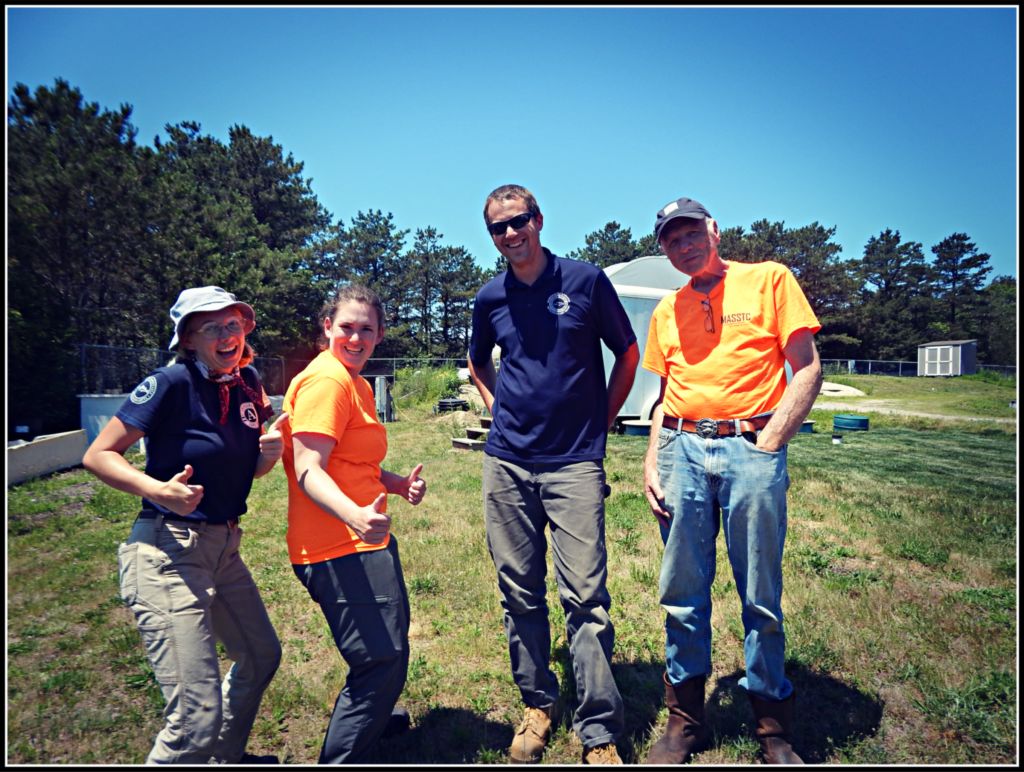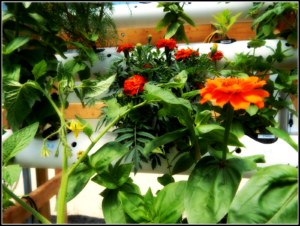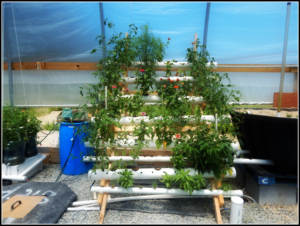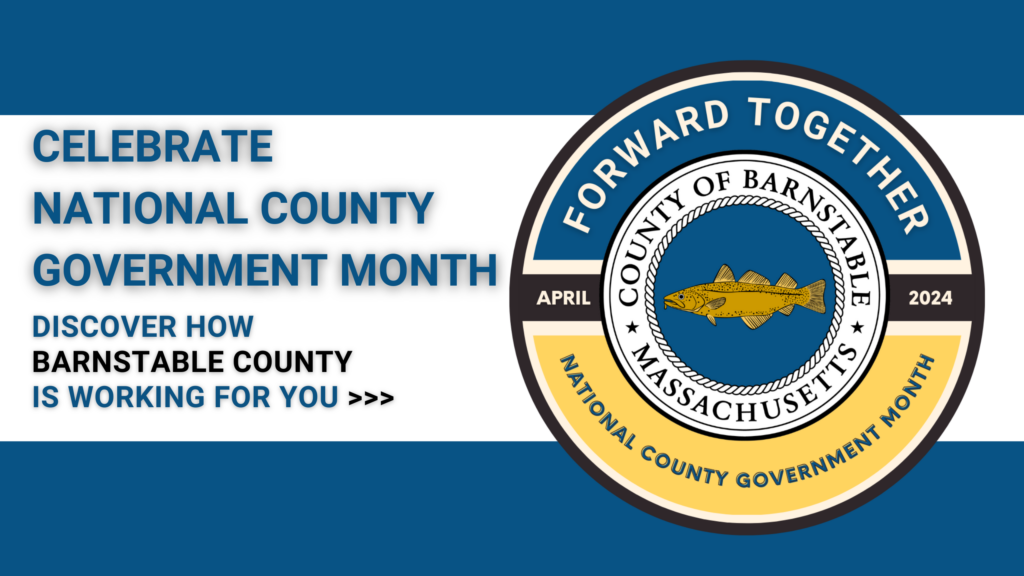
Featured Program at Barnstable County: Massachusetts Alternative Septic System Test Center (MASSTC)
MASSTC, a subdivision of the Barnstable County Department of Health and Environment, began about 20 years ago supporting Health Departments across the Cape in meeting standards for wastewater treatment, but quickly developed into much more than that. Located 20 miles away from the County complex at the Joint Base, today their team of specialists are passionately working to protect our water resources by testing and researching products that remove the myriad of contaminants found in domestic wastewater.
Some History
Beginning in the early 1990s, we began to see eutrophication and algae blooms on Cape Cod. Although nitrogen is important for all living things, the culprit was (and is) too much of it from fertilizers and human waste that nature can’t break down fast enough. Phosphorous-laden detergents and personal care products are also flushed or poured down the drain, which often happens without anyone thinking a second thought.

Layer Cakes
Knowing that 97% of the Cape’s homes depend on on-site septic systems to treat wastewater, our colleagues at MASSTC understood that the answer was in improved septic system technology. Based on work previously done in Canada and Florida, MASSTC has researched and improved a passive leach field modification to attain enhanced nitrogen removal. They affectionately refer to them as “layer cakes”. These layer cakes reduce nitrogen content in wastewater by more than 90 percent, and some phosphorous. They are designed to work with private septic systems by creating an underground leaching field, layering soil, sand, and woodchips. The excess of nitrogen and phosphorus is not entirely removed in our abbreviated water cycle here on Cape Cod, home of the sole source aquifer, resulting in a severe impact on our ecosystems.
[su_pullquote align=”right”]Brian Baumgaertel, Director of MASSTC says, “It’s exciting to be on the cutting edge of industry at MASSTC. We are working locally, but these are really global solutions and they have a huge impact.”[/su_pullquote]
Through a $700,000 grant from the state Environmental Protection Agency’s Southeast New England Coastal Watershed Restoration Project (SNEP), this grant has allowed MASSTC to take the research done at the facility and install these in real-world backyards. If successful over time, this technology could be adopted by the state, making these systems available to the public someday, and having an enormously positive impact to the environment on Cape Cod, and other places that share our wastewater challenges. That also explains why MASSTC has enjoyed an international audience over the years.
The Grass is greener..over a layer cake
MASSTC recently launched their #WasteNoWater Campaign. The goal of this campaign is to show that domestic wastewater doesn’t need to be flushed away, it can be used to grow food and plants, and without the use of fertilizers. This initiative is not grant funded and illustrates the passion and inventiveness at MASSTC. The process goes like this: wastewater is treated by filtering it through a layer cake and simulated stream beds. This process filters out most contaminants and leaves the water rich in nutrients that plants need to grow. The water is piped over to an adjacent greenhouse where it is used to grow vegetables and flowers hydroponically and without fertilizers. Plans are underway to collaborate with the Cape Cod Cooperative Extension where “Waste No Water” gardens will be demonstrated to the public.


Other Projects
MASSTC has plenty of other projects on its plate, like the Nitrogen Sensor Challenge. In collaboration with the EPA, MASSTC is hosting participating teams from various communities and organizations who are trying to find creative and cost-effective nitrogen sensors that will give real-time nitrogen data to homeowners, system operators, and regulators in order to determine how well the system is performing at removing nitrogen in homes. Entrants bring equipment and set up at the MASSTC where they perform their testing. The winner of this Challenge will receive a prize in the form of a guaranteed order of a number of sensors from the EPA.
Recently Brian invited Secretary at the Executive Office of Energy and Environmental Affairs, Kathleen Theoharides to come tour the test center, and she’ll be stopping by after her attendance at the OneCape Summit later this month. Another budding idea for outreach is an Open House for septic engineers and the public in fall 2019.
Help us grow awareness of what MASSTC is doing to protect our fragile water resources on Cape Cod. For more information, visit MASSTC.



